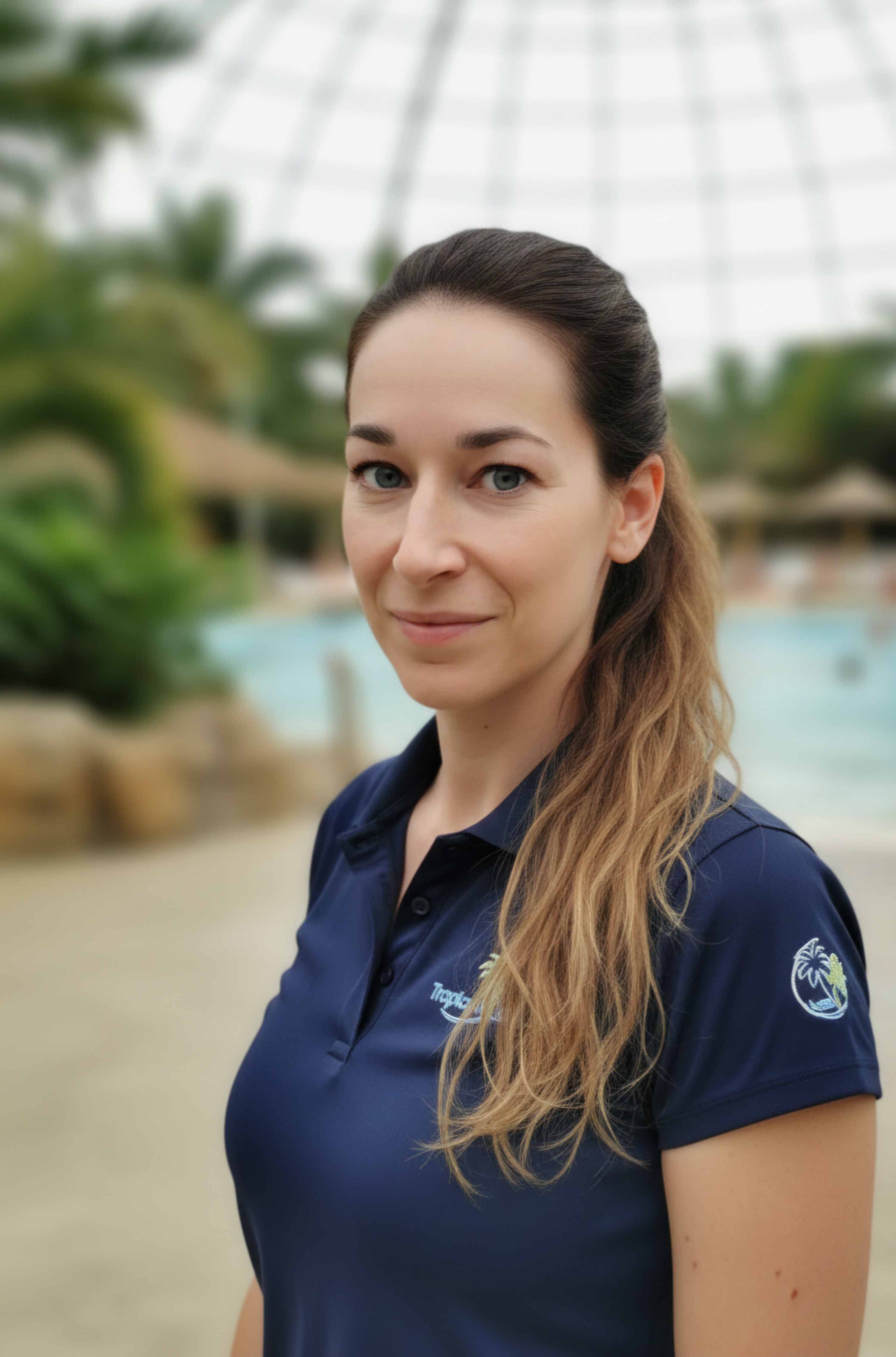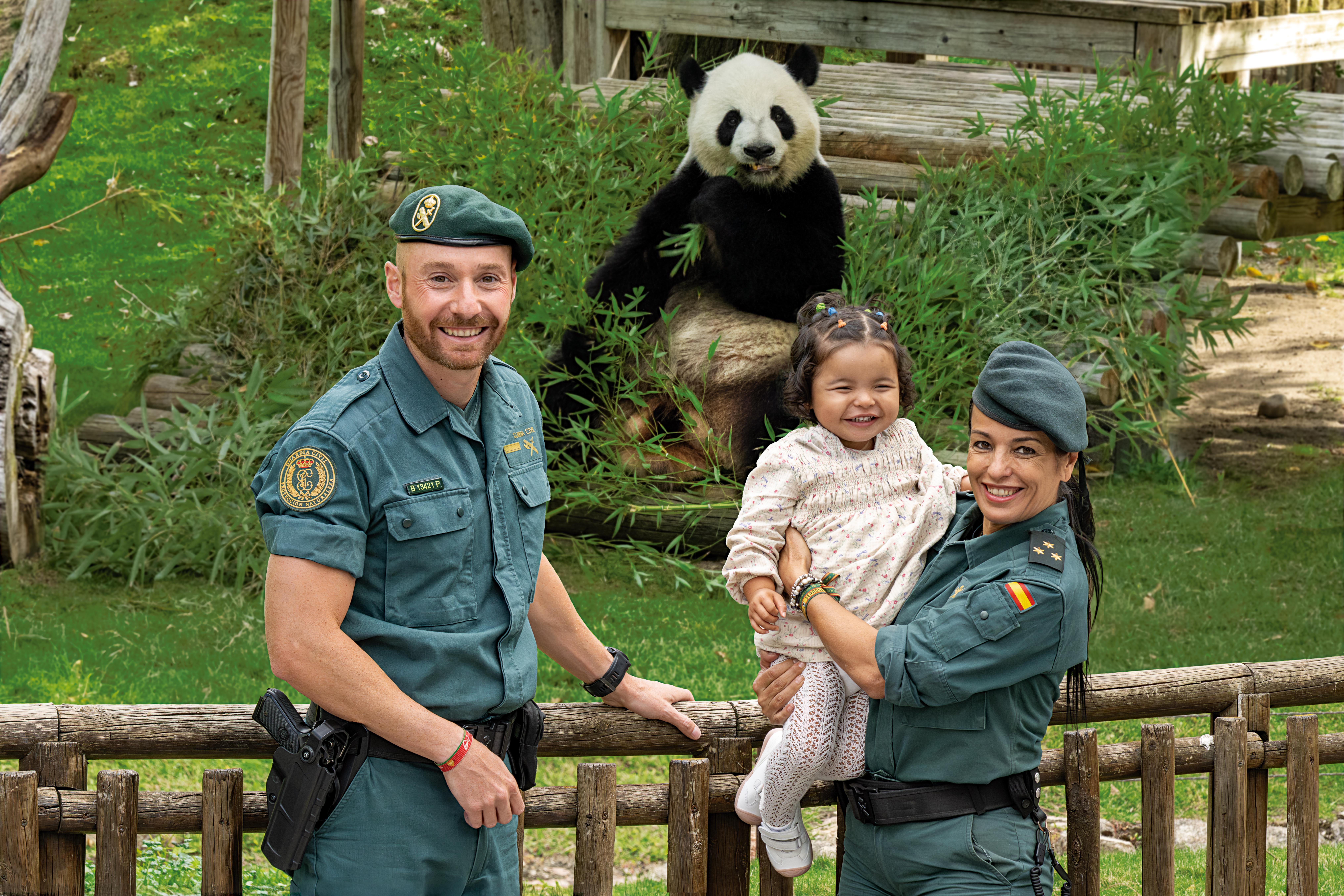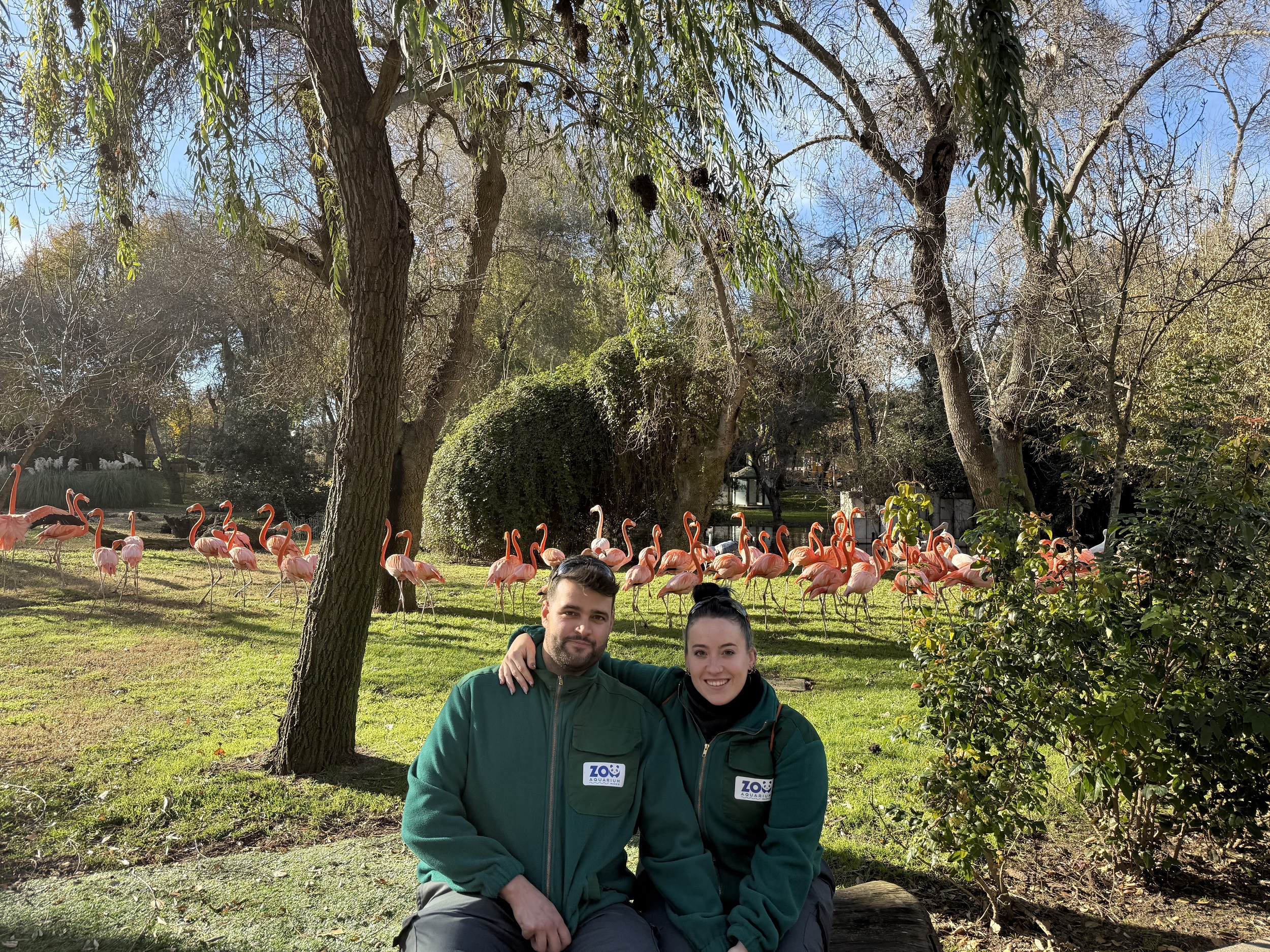
Julian Santiago: “Research for animal welfare and the development of biomarkers are totally peremptory”
Julián Santiago is a Research Professor at the National Institute for Agricultural and Food Research and Technology (INIA). In his opinion, the development of animal welfare biomarkers is essential in terms of the maintenance of hubs in zoos and in-situ conservation programs and, fundamentally, in research projects.
THE IMPORTANCE OF BIOMARKER DEVELOPMENT
For Julián Santiago, the problem with biomarkers is that there is no universal marker to know if an animal enjoys well-being or not, or if it experiences some type of stress. In this sense, “you have to work with multiple markers” to establish the real state of these parameters.
Many of these indicators have been studied mainly in domestic animals and have been extrapolated, in some way, to wild species. Although this method sometimes works, it can also create issues “because extrapolating a condition from domestic animals to wild cases does not really provide the information that is required.” The reason is that, for thousands of years, animals in the wild have not been subjected to the factors of domestication.
ANALYSIS AND APPLICATION OF BIOMARKERS
It is acceptable to build on existing studies on domestic species. However, their application and possibilities of extrapolation must be analyzed, as well as the development of new biomarkers. In addition, Santiago indicates that it must be considered that “many times it will be necessary to look for biological markers for a certain species. Likewise, there are certain conditions that will have nothing to do with other biological markers, even with other phylogenetically related species”.
“Research for animal welfare and the development of biomarkers are fundamental and totally peremptory. To carry it out, if we speak of domestic species, the participation of livestock is needed. However, when looking at biological or behavioral markers that allow us to establish animal welfare in wild fauna, we have to study and develop our experimental designs is in zoological institutions, where these collections of animals are established and maintained”.
Julián Santiago, Research Professor at the National Institute of Agricultural and Food Research and Technology (INIA)
As Julián Santiago explains, “we cannot undertake research for biological markers if we do not have the substrate where we can develop our observations and collect samples. The participation of zoos is absolutely and totally peremptory. Only with this active participation will we be able to contribute new knowledge in this field.”.
EXPERT GROUP ON BIODIVERSITY
Julián Santiago is a member of the Expert Group on Biodiversity promoted by the Parques Reunidos Foundation, in which the following also participate:
- Enrique Alonso, Permanent Member of the Spanish State Council, UNESCO Chair of Territory and Environment and Honorary Researcher at the Instituto Franklin-UAH and the Monterey International Institute of California;
- Alberto Diez, spokesperson for InfoZoos;
- Pablo Fernández de Larrinoa, Director of the Monk Seal Conservation program of the CBD-Habitat Foundation;
- Jesus Fernandez, President of the Parques Reunidos Foundation;
- Luis Mariano González, Head of the Conservation Action at the General Sub-Directorate of Biodiversity and Natural Environment of the Ministry for Ecological Transition;
- Pedro Lorenzo, Dean of the School of Veterinary Medicine of the Complutense University of Madrid;
- Xavier Manteca, Professor of the Department of Animal and Food Science at the School of Veterinary Medicine of the Autonomous University of Barcelona, and coordinator of the Group;
- Odile Rodríguez de la Fuente, General Director and Vice President of the Félix Rodríguez de la Fuente Foundation;
- Andrea Torres, Biologist at InfoZoos;
- Felipe Vilas, President of the Official College of Veterinarians of Madrid.
Recent entries
-
How Tropical Islands Became the First German Facility to Pass Ellis & Associates Aquatic Safety Audit

-
Belize Arrives in Faunia: A New Chapter in the Conservation of the Antillean Manatee

-
When Inclusion and Nature Came Together

-
“Animal Welfare Starts with Us”: A Conversation with the Zoo Aquarium Madrid Team


